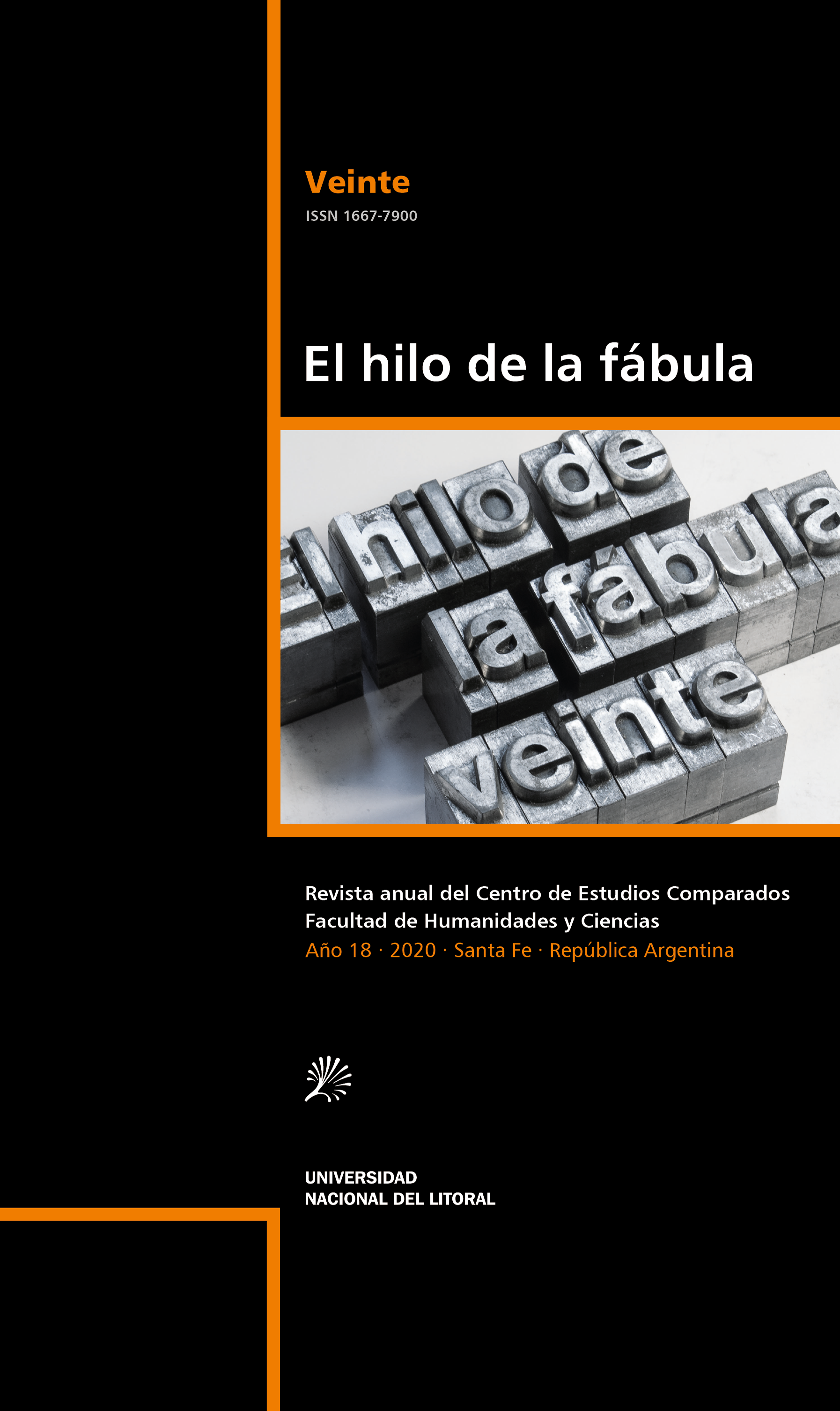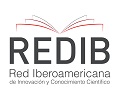Política y escritura. Más allá de la política de la literatura de Jacques Rancière
DOI:
https://doi.org/10.14409/hf.v0i20.9649Keywords:
Writing, Politics, Literature, AestheticsAbstract
In this paper, we will try to study the relationship between politics and writing from what Rancière calls in his texts a «politics of literature». To do this, we will postulate the hypothesis that the way in which the author conceives this politics of literature lies on the borders of a logocentric thought about the political dimension of writing. The development of this hypothesis will therefore involve two moments: in the first part we will explain what Rancière understands by the
expression of «politics of literature», and then we will show the limits of this formula contrasting it with what we will identify as, based on previous work of our authorship and in some key texts by Nancy and Derrida, a politics of writing from the perspective of a politics of sensitivity.












